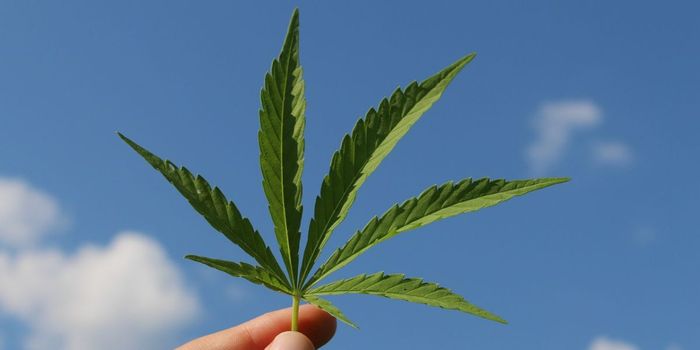Cannabis May Affect Brain Plasticity Via Astrocytes

"In earlier studies from the 80s, researchers injected astrocytes from a kitten into the visual cortex of an older cat, the brain area involved in vision. As a result, the critical period was opened once more, meaning that the brain could adjust more easily again,” said study author, Prof Christiaan Levelt of the Department of Molecular Visual Plasticity at the Netherlands Institute for Neuroscience in a press release.
“We also know that the CB1 receptor in astrocytes is expressed less and less as we age. Could there be a link here? And could this mean that the CB1-receptor on astrocytes play a role in this critical period plasticity?” he added.
Levelt and colleagues sought to answer these questions in the current study. To do so, they examined a mouse model in which CB1 receptors of specific cells were switched off either on nerve cells or astrocytes. They then observed how the absence of each receptor impacted the development of the visual cortex's inhibitory system.
Ultimately, the researchers found that removing CB1 receptors from astrocytes- but surprisingly not nerve cells- led to the brain being less able to adapt to changes during development.
“The CB1 receptor is involved in numerous processes in the brain. It’s actually extraordinary that the binding of cannabis to the CB1-receptor doesn’t typically result in big problems,” said study author, Dr. Rogier Min from Amsterdam University Medical Center in a press release.
He added that the findings may explain some negative consequences of cannabis use. In particular, he noted that the CB1 receptor on astrocytes appears to have an important role in early brain development, and disrupting this process may affect how much the brain is able to adjust.
Sources: Neuroscience News, iScience








